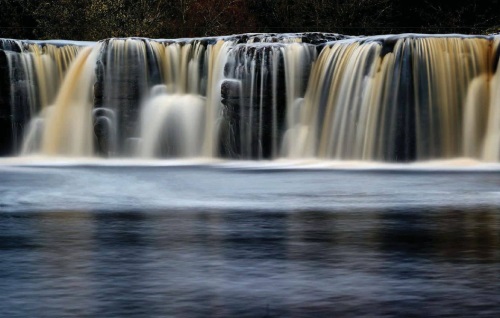
If you were around when digital cameras first appeared on the market, you’ll also remember the advent of raw files. Alongside JPEGs and TIFFs, this option was not immediately well understood, but once it took hold in the minds of creative photographers using cameras like the pivotal Canon EOS 300D, it became a watchword for quality and versatility. People took courses in it, and pride in it – some even wore T-shirts.
And yet JPEG options still exist within your camera’s menu. Why? That’s what we’ll be looking at across these eight pages where seasoned pros and photography tutors explain the practical and personal benefits of the format.
Yes, for many purposes it seems, JPEG is still very much alive and kicking, and lots of the aspects of the format that were considered weaknesses can also be strengths. These files – compromised by compression perhaps – are therefore also smaller, quicker to use and more nimble to share. They can connect photographers to their art, giving an instant hit of creativity compared to the initially tepid look and lengthy processing of raws. They can be liberating.
And for those photographers who always insist on the safety net of raw, perhaps there are harsh questions that need to be asked, too: in an age of mirrorless tools like wysiwyg viewfinders, highlight clipping warnings and real-time histograms that make exposures a lot easier to perfect, are they as technically proficient as they need to be to get it right, ‘straight out of the tin’?
Nikon
Neil Freeman
Speed it up
Harnessing the benefits of JPEG can help increase shooting speed and make for a quicker, easier workflow, but you need to understand the drawbacks, too, says Neil Freeman...
Denne historien er fra June 13, 2023-utgaven av Amateur Photographer.
Start din 7-dagers gratis prøveperiode på Magzter GOLD for å få tilgang til tusenvis av utvalgte premiumhistorier og 9000+ magasiner og aviser.
Allerede abonnent ? Logg på
Denne historien er fra June 13, 2023-utgaven av Amateur Photographer.
Start din 7-dagers gratis prøveperiode på Magzter GOLD for å få tilgang til tusenvis av utvalgte premiumhistorier og 9000+ magasiner og aviser.
Allerede abonnent? Logg på

Calling The Shots: A Queer History of Photography
Offering an unprecedented view of photographic history through a queer lens, this is a wonderful and powerful book, says
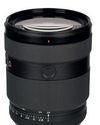
Large-aperture standard zoom, too
SONY has also revealed a new premium standard zoom, the FE 28-70mm F2 GM.

Super-fast, high-res Sony Alpha Ai II
SONY has announced its new professional full-frame flagship camera, the Alpha A1 II.
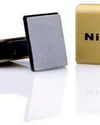
39 awesome accessories
Our round-up of the best accessories we've used and reviewed this year, along with some old favourites. There's something here for every budget, starting from just £7, including tripods, bags, filters and much more

Such a thing as society
This autumn sees the launch of a major new book and exhibition devoted to examining the multiplicities of photography during 1980s Britain. Peter Dench finds out more

Join Club
The sociable Canvey Island Photographic Club is keen to grow its in-person meet ups
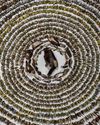
Capturing flight
Winners and finalists of Bird Photographer of the Year share their tips for success with Hollie Latham Hucker
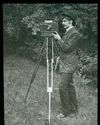
140 years of change
AP has become the world’s oldest surviving consumer photo magazine because we have moved with the times, says Nigel Atherton

Preserving history in platinum
A deep dive into the meticulous art of platinum printing, and the collaboration between the Royal Geographical Society and Salto Ulbeek. Mike Crawford explores how they brought historical photographs to life with enduring beauty and precision
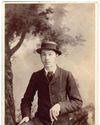
Life in the past lane
What was life like for an amateur photographer in 1884? John Wade takes a trip back in time